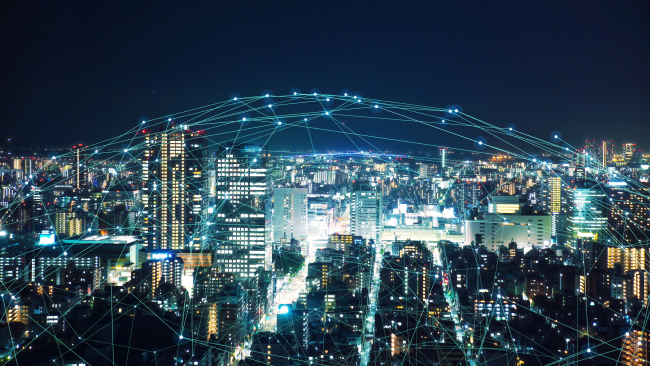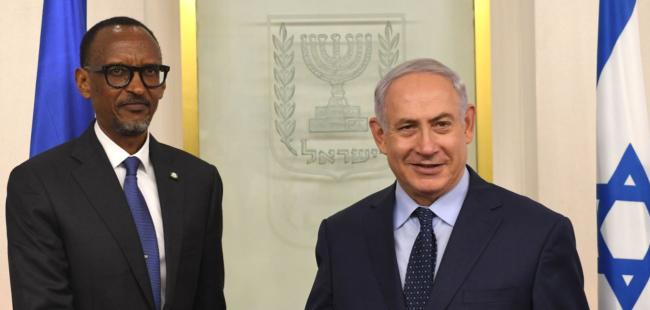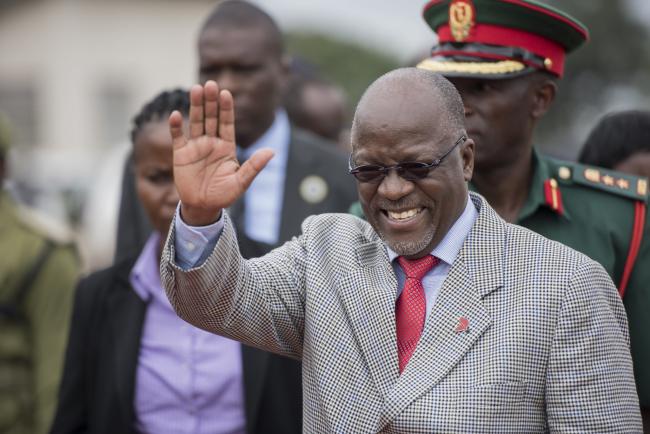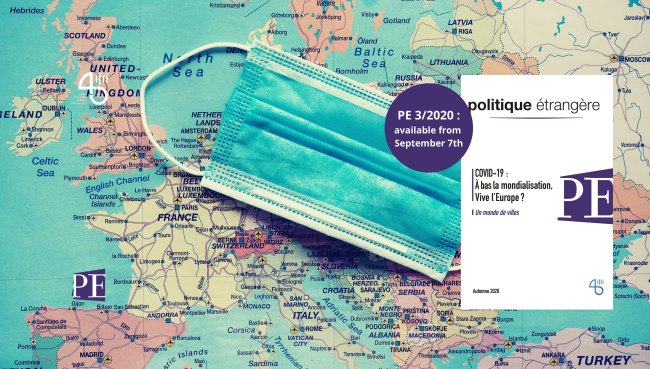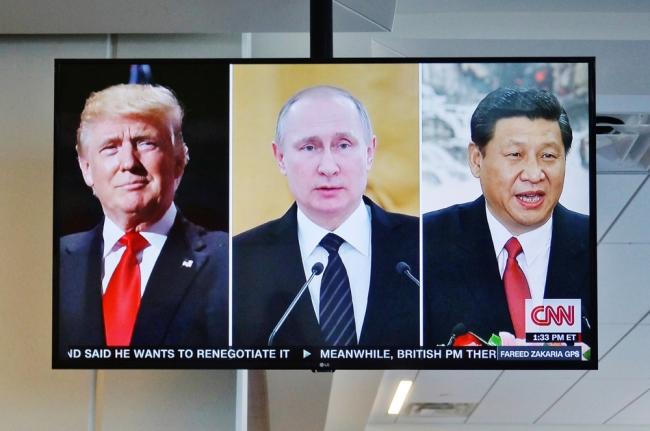Political Systems
At the end of the Cold War, the idea spread that liberal democracy was going to take over the world. In reality, authoritarian regimes have resisted, and political systems remain varied.

GovTech, The New Frontier in Digital Sovereignty
The COVID-19 crisis has been a catalyst for a surge in the GovTech market, while triggering debate around the use of new technologies in the public health response to the pandemic. More broadly, the health crisis has shed a new light on the strategic importance of some domains relevant to GovTech such as HealthTech, smart cities and EdTech.
Israel-Africa Relations: What Can We Learn from the Netanyahu Decade?
Since he came to power in 2009, Israel’s Prime Minister Benjamin Netanyahu has not made Israeli-African relations a priority in his foreign policy.
Tanzania’s 2020 General Elections between Repression and Manipulation. A Consolidation of Magufuli’s “Authoritarian Turn”?
Tanzanian voters were called to the polls on Wednesday, October 28, 2020 to elect the country’s main political institution – the President, the National Assembly, and the District Councillors (diwani). Without surprise, the outcome of the sixth general elections since the reintroduction of multiparty politics in 1992 reaffirmed the longstanding grip on power of Chama Cha Mapinduzi (CCM).
L’inégalité du Collège électoral aux États-Unis : comment réparer la démocratie américaine ?
Since the start of the 21st century, the flaws of the Electoral College, which completes the election process of the president of the United States by indirect universal suffrage, are the target of stronger than ever criticism.
Thirty Years after its Reunification, Germany's “European Moment”?
On October 3, 1990, after forty years of division, Germany once again became one state. Less than a year after the fall of the Berlin Wall, on November 9, 1989, the territories of the German Democratic Republic (GDR) became part of the Federal Republic of Germany (FRG) under Article 23 of its Basic Law.
Germany and the Economic and Monetary Union. Between the Search for Deeper European Integration and the Assertion of National Interests
Germany joined the creation of Economic and Monetary Union only with great hesitation and has tried to dictate the spirit and rules of operation of the Union.
Minnesota: understanding national issues through a territorial lens
Located in the heart of a mostly Republican Midwest, Minnesota stood out in the 2016 presidential election, with Democratic candidate Hillary Clinton winning 46.5 % of the vote, in keeping with the State’s Democratic tradition. In the 2020 presidential campaign Minnesota has been a battleground state, as President Trump and Joe Biden are both intent on winning its 10 votes in the Electoral College.
COVID-19: Down with Globalization, Long Live Europe?
Beyond national healthcare systems, COVID-19 questions major global balances, as well as the modes of cooperation underpinning them.

Caught in the Web of Bureaucracy? How ‘Failed’ Land Deals Shape the State in Tanzania
After more than ten years of hectic debates on international ‘land grabs’, academic interest in collapsed land deals or projects with unexpected results is growing.
Global Order in the Shadow of the Coronavirus: China, Russia and the West
The coronavirus pandemic has thrown a harsh spotlight on the state of global governance. Faced with the greatest emergency since the Second World War, nations have regressed into narrow self-interest. The concept of a rules-based international order has been stripped of meaning, while liberalism faces its greatest crisis in decades.
Support independent French research
Ifri, a foundation recognized as being of public utility, relies largely on private donors – companies and individuals – to guarantee its sustainability and intellectual independence. Through their funding, donors help maintain the Institute's position among the world's leading think tanks. By benefiting from an internationally recognized network and expertise, donors refine their understanding of geopolitical risk and its consequences on global politics and the economy. In 2025, Ifri supports more than 80 French and foreign companies and organizations.








